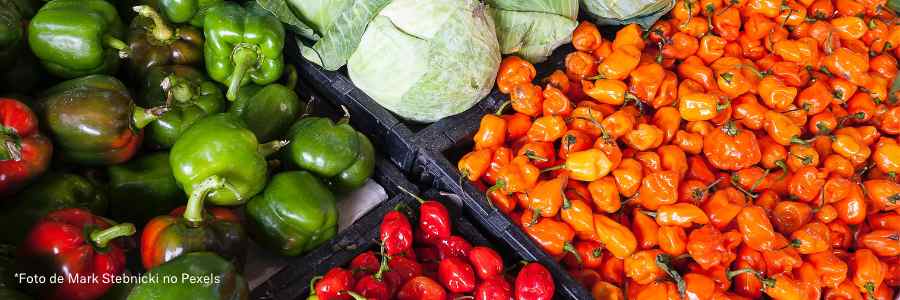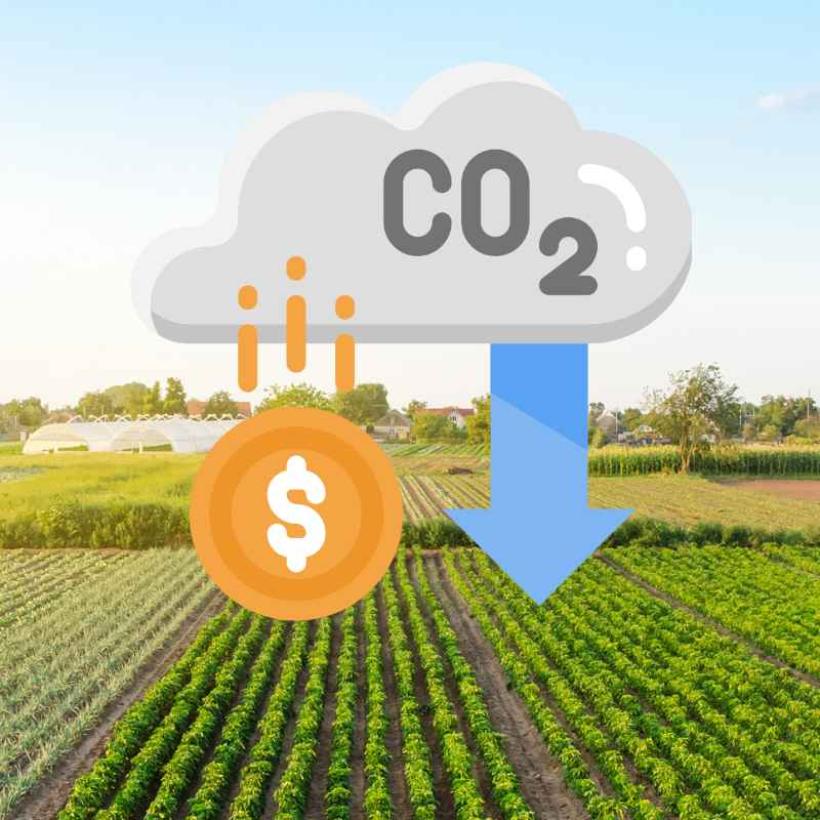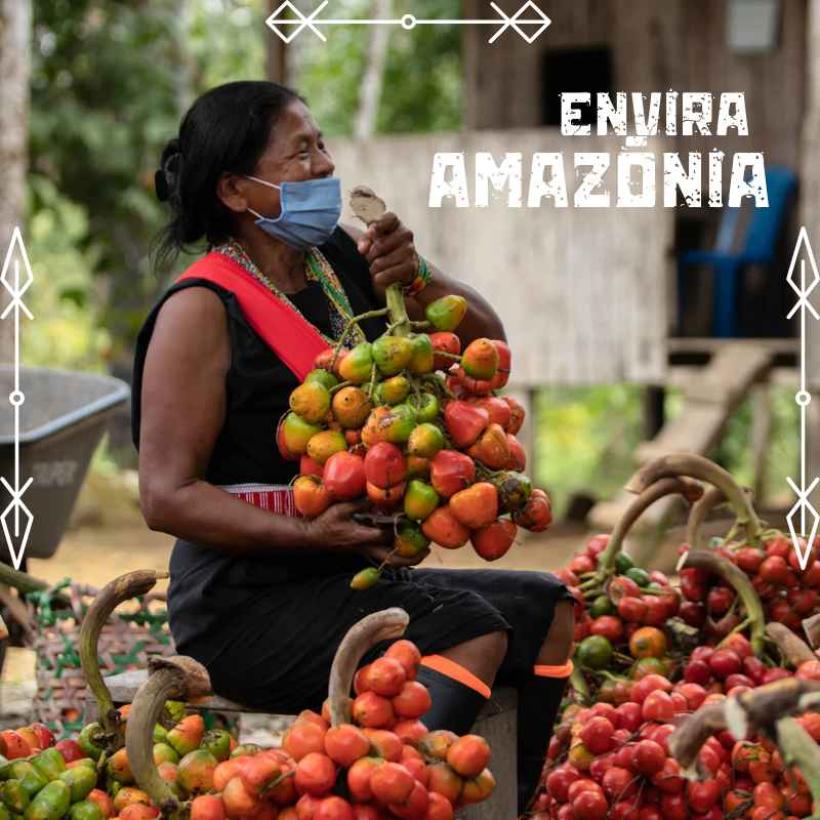
Como o agronegócio se beneficia do mercado de carbono
O agronegócio pode se beneficiar muito do mercado de crédito de carbono, adequando práticas de manejo na pecuária, utilização de boas práticas agrícolas que protegem e regeneram o solo, assim como, obviamente, reflorestamento e manutenção de áreas florestais. Estas práticas geram créditos de carbono que podem ser comercializados.

O Brasil é uma potência consolidada do agronegócio mundial. Saímos da posição de importador de alimentos para nos tornarmos um dos maiores produtores e exportadores do mundo. Hoje, fornecemos base alimentar para cerca de 10% da população mundial. Neste período, entre 1976 e 2020, melhoramos a nossa produtividade em cerca de 400% e em contrapartida aumentamos a nossa área cultivada em apenas 50%.
O agronegócio não evoluiu apenas em quantidade e produtividade, o perfil da produção agrícola brasileira é reconhecida mundialmente em relação a sua expertise em manejos conservacionistas. E é esse o nosso grande diferencial e potencial no mercado que se aponta pela frente.
Atrelado a tudo isso, somos um dos cinco maiores países do mundo em relação à extensão territorial, temos as maiores reservas de água doce e floresta tropical do mundo, assim como os biomas mais diversos e incomparável biodiversidade. Contexto que privilegia a produção de culturas dos mais diversos tipos, em regiões distintas e em períodos diferentes do ano. É nesse ambiente que o nosso agronegócio está inserido, oportunidades que vão do Caburaí ao Chuí.
Mas e quanto ao mercado de carbono, como ele agrega e como ele cria oportunidades para o agronegócio?
Evidente. A agricultura é uma das poucas cadeias capazes de realizar o sequestro de carbono da atmosfera e fixá-lo no solo. Boas práticas agrícolas, onde se incorpora, por exemplo, matéria orgânica nas áreas de cultivo, o processo de regeneração do solo é acelerado beneficiando a produtividade e aumentando também o sequestro e a fixação de carbono, o que gera créditos de carbono e melhoria na rentabilidade do produtor.
Neste cenário de gestão dos processo e de boas práticas de manejo é que o agronegócio precisa se apoiar ainda mais, aperfeiçoando técnicas de cultura que privilegiem os sistemas de produção mais integrados e sustentáveis, como por exemplo o plantio direto, a rotação de cultura, o uso racional de defensivos, a melhoria no combate biológico de pragas, a preservação e a ampliação de florestas no entorno de áreas produtivas e também a preservação ambiental. É muito importante ressaltar também as atividades de integração de lavoura, pecuária e floresta (ILPF) que, de acordo com pesquisas da Embrapa Agrossilvipastoril, se mostram eficientes em conter e capturar a emissão de metano da parte dos animais.
Estas ações, cercadas de um ambiente favorável, com financiamento e regulação adequados, desenvolvimento de tecnologia e investimento em ciência são que farão, ainda mais, a diferença para o agronegócio brasileiro.
É nesse caminho que o agronegócio brasileiro precisa continuar apostando. Melhoria de processos para aumento de produtividade, elevando ainda mais o protagonismo e a relevância do Brasil no mercado agro e de carbono mundial, mitigando ainda mais emissões de GEE (Gases de Efeito Estufa) e gerando mais renda no campo, mais renda para o Brasil e para os brasileiros.
https://www.embrapa.br/visao/trajetoria-da-agricultura-brasileira















